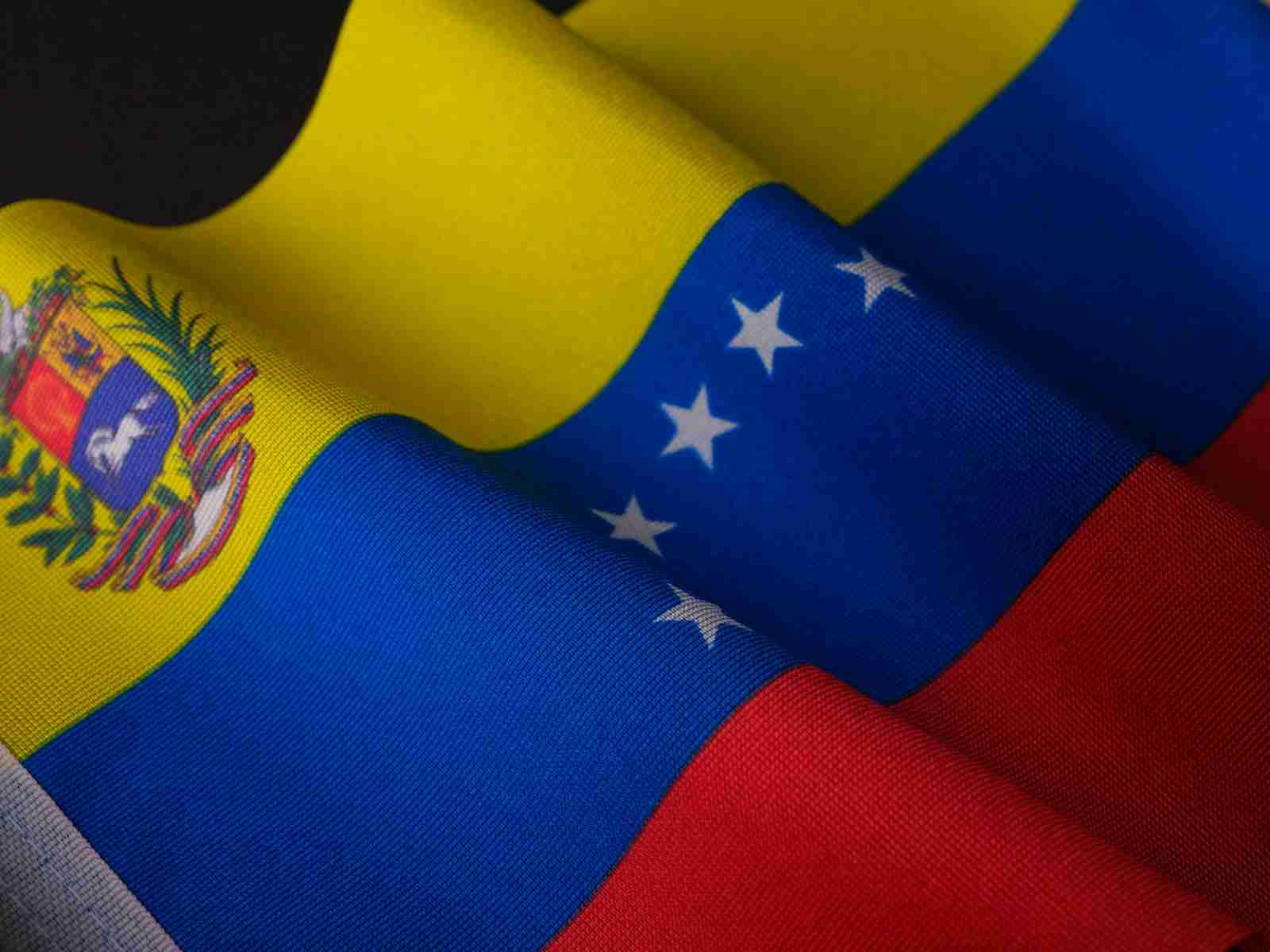23 Fun Facts About Venezuela | Colorful South Stories
1. Venezuela is home to the world’s highest waterfall, Angel Falls.
Angel Falls, located in Venezuela’s Canaima National Park, stands as the world’s tallest waterfall at 979 meters. It was named after Jimmy Angel, an American aviator who crash-landed nearby in 1937.
Angel’s ashes were scattered over the falls in 1960, This breathtaking natural wonder, part of the Orinoco River system, features a main plunge of 807 meters, surrounded by cascades and rapids, making it a truly magnificent sight.
2. Venezuela has the largest oil reserves in the world.
Venezuela holds the title for the largest oil reserves in the world, with over 300 billion barrels. Since 1914, it’s been a leading oil producer, owning 19.38% of global reserves as of 2022, even surpassing Saudi Arabia.
This vast wealth in oil makes Venezuela’s gas prices among the lowest globally, fueling its economy and energy needs.
3. Venezuela is named after Venice, Italy by Amerigo Vespucci.
Venezuela, meaning Little Venice, was named by explorer Amerigo Vespucci in 1499 after seeing stilt houses along Lake Maracaibo’s shores, reminiscent of Venice, Italy.
Covering over 555,000 square miles, Venezuela stretches along South America’s northern coast, about twice the size of California.
4. Catatumbo lightning in Venezuela strikes up to 28 times a minute.
Another electrifying fact about Venezuela is the Catatumbo lightning, a unique atmospheric phenomenon of lightning over the Catatumbo River’s mouth into Lake Maracaibo.
This everlasting storm lights up the sky 28 times a minute for about 10 hours across 140 to 160 nights annually, making it the most electric place on Earth with an average of 260 stormy days a year.
5. Baseball is the most popular sport in Venezuela.
Baseball reigns as Venezuela’s favorite sport, deeply rooted in the nation’s culture and heart. The Venezuelan Professional Baseball League showcases this passion, with eight teams vying for the championship each year.
Remarkably, over 390 Venezuelan athletes have made their mark in Major League Baseball, the biggest baseball league in the world.
6. When did Venezuela gain independence from Spanish rule?
Venezuela, once under Spanish rule since 1522, made a bold move towards freedom by declaring independence on July 5, 1811. It initially joined the federal Republic of Colombia (Gran Colombia) before fully establishing itself as a sovereign nation in 1830.
Simón Bolívar, a Venezuelan, played a pivotal role in not only Venezuela’s independence but also in shaping Latin America’s quest for freedom from the Spanish empire.
7. Venezuela is a founding member of OPEC.
One of the most lesser-known facts about Venezuela is its foundational role in establishing OPEC (Organization of the Petroleum Exporting Countries) back in 1960, joining forces with Iran, Iraq, Kuwait, and Saudi Arabia.
Holding the title for the largest crude oil reserves on the planet, Venezuela’s contribution was crucial. Fast forward to today, and OPEC has grown to include 12 member countries, all united in shaping the future of global oil markets.
8. Venezuela produces some of the highest quality Cacao chocolate.
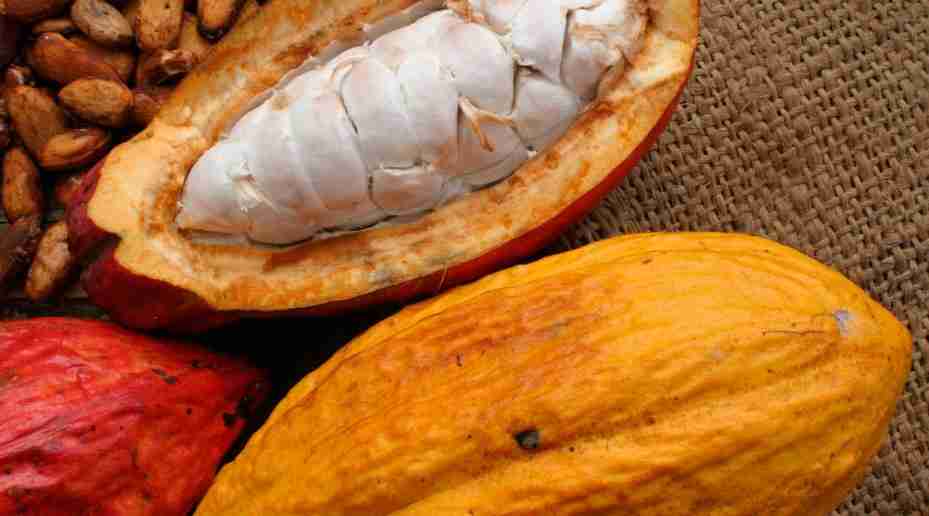
Venezuela, once the world’s leading cacao producer, is renowned for its high-quality Criollo cacao, less bitter and rich in flavor and aroma. The Chuao region, benefiting from constant water flow from Henri Pittier National Park, produces some of the globe’s finest cocoa.
Despite current challenges, Venezuelan cocoa remains a benchmark for premium quality, tracing back 5,000 years to the Amazon rainforest.
9. How is the economy in Venezuela?
Venezuela’s economy, heavily reliant on oil for 98% of export earnings, faces severe challenges with one of the world’s highest inflation rates. Ranked low for economic competitiveness, its GDP plummeted by three-quarters from 2014 to 2021.
Despite recent growth, soaring inflation and low wages continue to diminish purchasing power, underscoring the economy’s dependence on the volatile oil sector.
10. Lake Maracaibo in Venezuela is one of the oldest lakes on Earth.
Another interesting fact about Venezuela is that Lake Maracaibo, estimated to be 20-36 million years old, stands as one of Earth’s oldest lakes. Formed by tectonic shifts during the late Eocene, its history has seen both seawater and freshwater dominate.
Though once a true lake, its current saline state, and direct sea connection often classify it as a large lagoon or bay.
11. Venezuela is one of the most biodiverse countries in the world.
Venezuela is among the world’s top ten biodiverse countries, with ecosystems ranging from the Caribbean to the Orinoco Delta. Its rich biodiversity includes unique marine and terrestrial species.
However, these ecosystems face threats from tourism, over-exploitation, and pollution. Key habitats like coral reefs, mangrove forests, and the diverse Orinoco Delta highlight Venezuela’s significant but vulnerable natural wealth.
12. Los Roques, Venezuela is one of the best places for scuba diving.
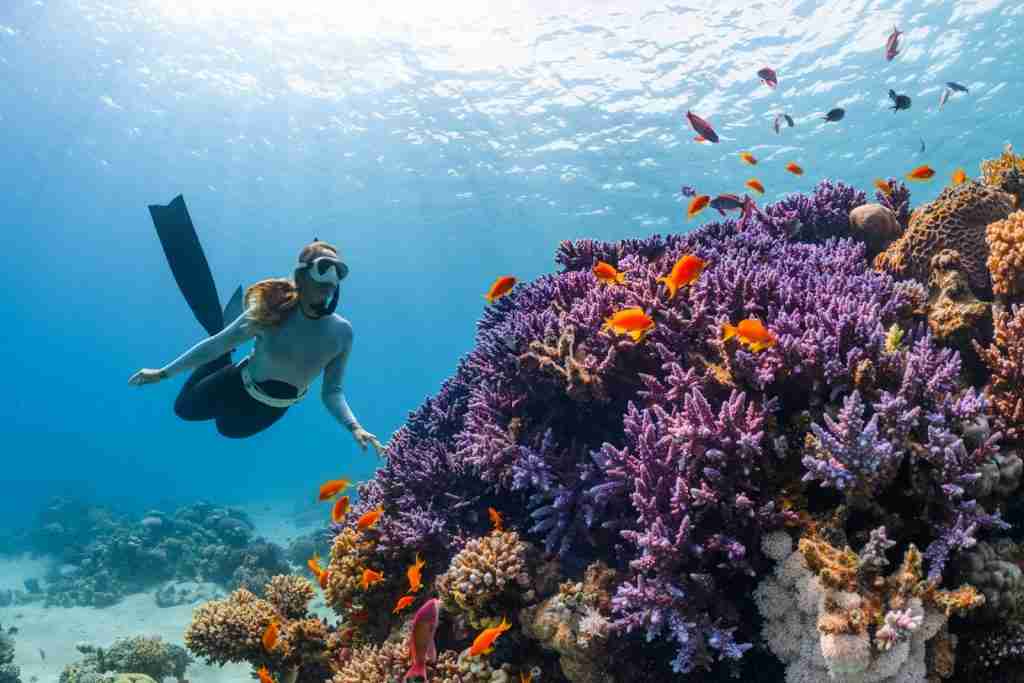
Los Roques in Venezuela is one of the best spots for scuba diving, known for its barrier reef and vibrant marine life. The area, easily reached by boat or plane, includes famous dive sites like The Stone of Guaza.
This underwater mountain teems with sea creatures, offering divers a unique and breathtaking experience in the heart of the Caribbean.
13. Who rules Venezuela?
Venezuela operates under a federal presidential republic system, with Nicolás Maduro serving as president since April 14, 2013. Following Hugo Chávez’s death, Maduro won the presidency with 50.61% of the votes.
However, Venezuela’s government has been classified as an “authoritarian regime” by The Economist Intelligence Unit in 2022, ranking low in electoral democracy in Latin America by 2023.
14. Venezuela’s national beverage is rum, widely known for its quality.
Another interesting fact about Venezuela is its reputation for producing some of the world’s finest rum, celebrated for its smoothness and rich flavors. The country’s climate and geography are ideal for sugarcane cultivation, essential for rum production.
Venezuelan rums, like Pampero Aniversario, along with Cocuy and Angostura bitters, showcase the nation’s long-standing distillation craft, making its beverages globally renowned.
15. Why is Venezuela sanctioned?
Venezuela faces sanctions due to repression in the 2014 and 2017 protests, controversial elections in 2017 and 2018, human rights abuses, and a political crisis.
These sanctions, including a travel ban imposed by the UN in 2017, have significantly impacted the country’s economy, as various countries seek to address and respond to Venezuela’s internal issues and governance challenges.
16. Venezuela’s traditional dance is the Joropo.
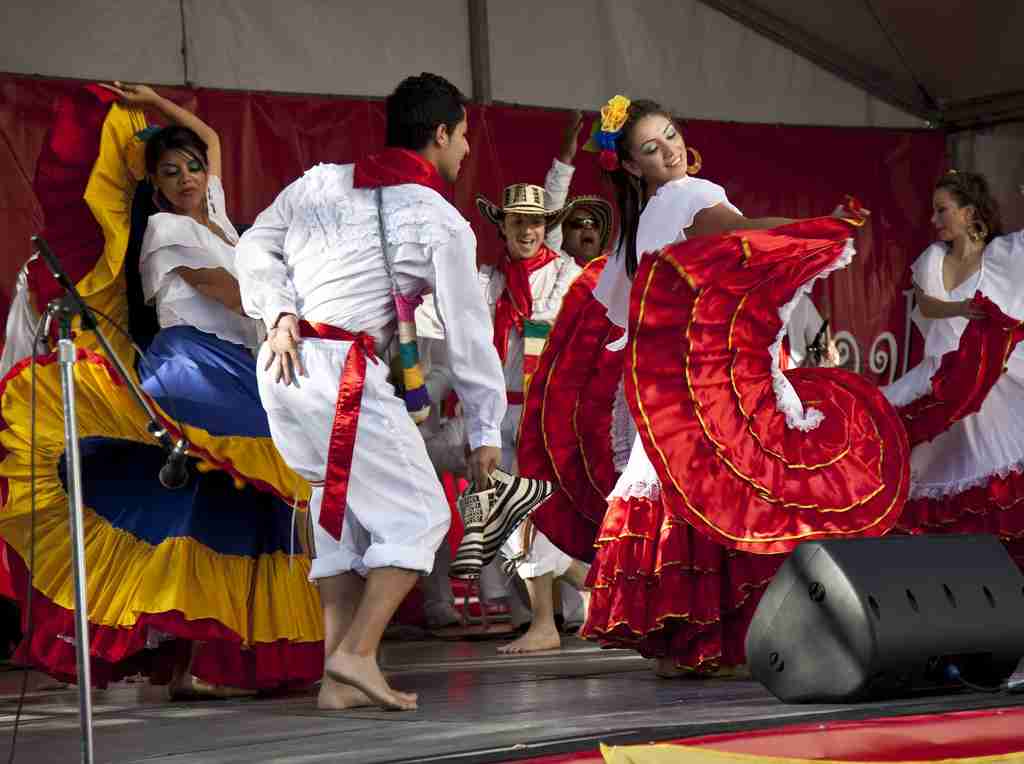
Venezuela’s rich musical heritage includes popular genres like Joropo and salsa, with Joropo being the country’s traditional dance, accompanied by harp, maracas, and guitar.
Originating in the plains, Joropo, also known as Música Llanera, blends African, European, and Native South American influences, showcasing variants like tuyero, oriental, and llanero, and sharing its vibrant culture with Caribbean neighbors.
17. Venezuela’s Tepuis: ancient Houses of the Gods with unique ecosystems.
Venezuela’s Guiana Highlands have unique tepuis, or flat-topped mountains, known as the ‘House of the Gods’ to the Pemon people. These isolated geological wonders, rising up to 3,000 meters, harbor hundreds of endemic species, inaccessible by foot except for a few like Mount Roraima.
Formed from ancient sandstone plateaus, their summits offer a cool, rainy climate, supporting diverse, unique ecosystems.
18. Venezuela’s Isla de Aves is a bird sanctuary.
Venezuela’s Isla de Aves, a slender stretch of sand and coral, has served as a vital bird sanctuary and Nature Reserve since 1972. Attracting ornithologists worldwide, it provides a haven for rare bird species and the green sea turtle.
Despite its beauty, the island’s low visibility poses navigational risks, leading to numerous shipwrecks along its shores.
19. Venezuela faces one of the highest inflation rates in recent times.
One of the recent facts about Venezuela is it grapples with the world’s highest inflation rate, peaking at an astonishing 65,374.08% in 2018. The IMF’s 2023 estimate places the increase in consumer prices at 360 percent, underscoring severe economic turmoil.
This hyperinflation exacerbates issues like starvation, mortality, crime, and disease, compelling many Venezuelans to leave their homeland in search of stability.
20. Venezuela’s Margarita Island has over 60 beautiful beaches.
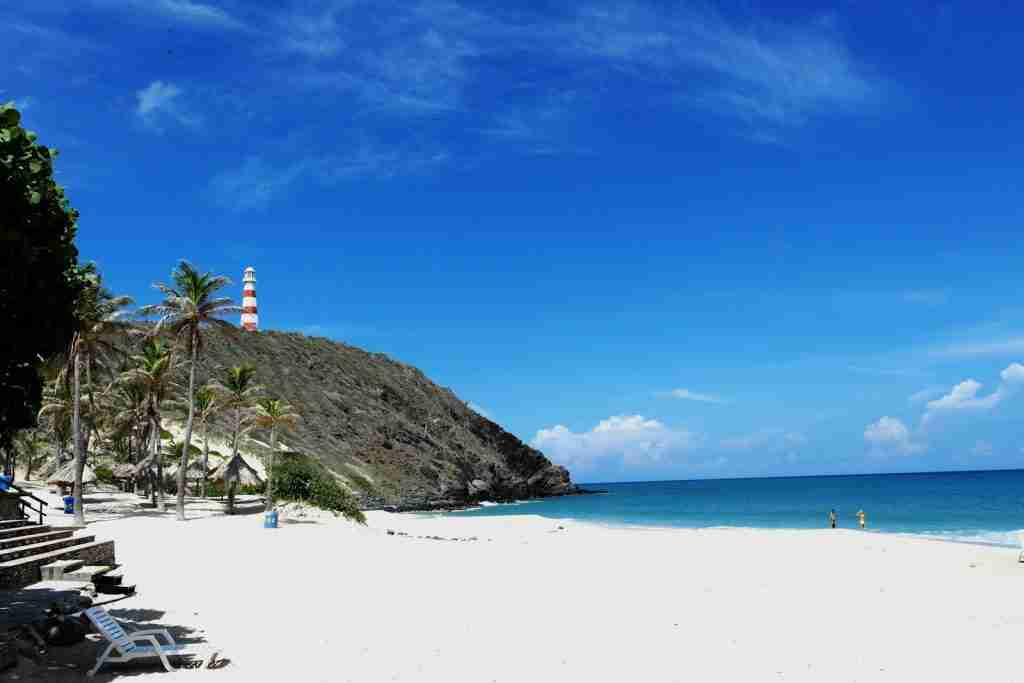
Venezuela, with its vast continental landmass, boasts the Caribbean’s longest coastline and numerous islands, including over 600 in the federal dependencies alone.
Margarita Island, the jewel among these, is a beloved tourist spot with more than 60 beaches, highlighting Venezuela’s commitment to preserving the natural beauty and cultural authenticity of its many islands and islets.
21. The World’s Tallest Slum Is in Venezuela.
Another lesser-known fact about Venezuela is the Tower of David in Caracas, originally intended as a luxury skyscraper, now stands as the world’s tallest slum.
Following the death of its visionary, David Brillembourg, and the financial crisis of 1994, the unfinished 45-story building became home to 3,000 people, transforming it into a community of makeshift homes within its concrete skeleton.
22. In 2018, a toilet paper roll in Venezuela cost 2.6 million bolivars.
In 2018, Venezuela’s extreme inflation led to a single roll of toilet paper costing 2.6 million bolivars, equivalent to 40 cents in US dollars.
This hyperinflation also saw a 5.3-pound chicken priced at 14,600,000 bolivars ($2.22 US) and 2.2 pounds of tomatoes for 5,000,000 bolivars ($0.76 US), highlighting the country’s economic challenges.
23. Isla de Margarita was once El Chapo’s drug shipments hideout.
Isla de Margarita, a Venezuelan tourist haven, was tarnished by its use as a drug trafficking hub by Joaquín El Chapo Guzmán and Colombian trafficker Henry Carrillo-Ramirez.
They exploited the island for aerial and maritime cocaine shipments to the US, Europe, Puerto Rico, and the Dominican Republic, highlighting Venezuela’s coastal islands as critical points in international drug smuggling routes.
FAQs
The population of Venezuela is approximately 30 million people. This South American country has seen its population fluctuate due to economic and political challenges.
Venezuela is located on the northern coast of South America. It’s bordered by the Caribbean Sea to the north, Colombia to the west, Brazil to the south, and Guyana to the east.
Venezuela is known for having the world’s largest oil reserves, breathtaking natural landscapes like Angel Falls, diverse wildlife, and a rich cultural heritage including music and dance.
The capital of Venezuela is Caracas. Situated in the northern part of the country, Caracas is the political, cultural, and commercial center of Venezuela.
Despite its vast oil wealth, Venezuela is poor due to years of government mismanagement, corruption, and political turmoil. This has led to hyperinflation, shortages, and economic decline.

